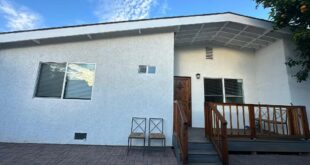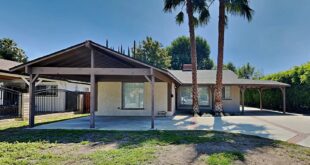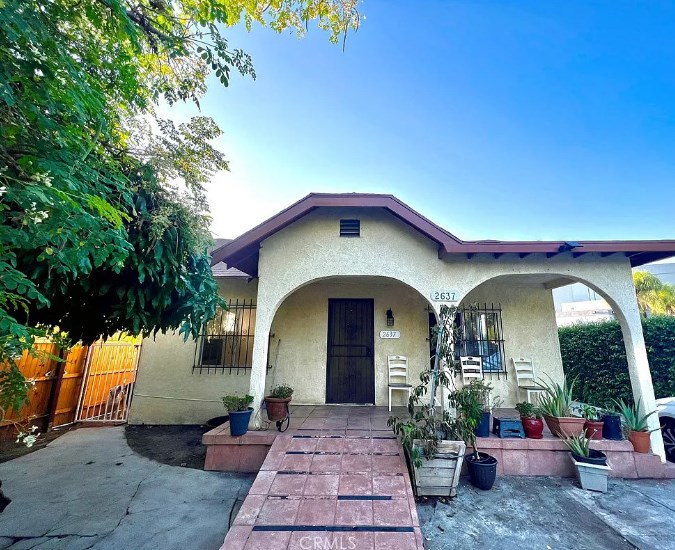 Landlord House – Floor Plans: 2 Beds, 1 Bath, 1,008 Sqft, $995,000. Location: 2637 S Longwood Ave, Los Angeles, CA 90016. Contact Property: (626) 551-4007. Amenities; Unique: Building Type: Single Family Residence, Built-in 1923. Schools: Cienega Elementary School, Susan Miller Dorsey Senior High School, Johnnie Cochran, Jr., Middle School.
Landlord House – Floor Plans: 2 Beds, 1 Bath, 1,008 Sqft, $995,000. Location: 2637 S Longwood Ave, Los Angeles, CA 90016. Contact Property: (626) 551-4007. Amenities; Unique: Building Type: Single Family Residence, Built-in 1923. Schools: Cienega Elementary School, Susan Miller Dorsey Senior High School, Johnnie Cochran, Jr., Middle School.
Living Area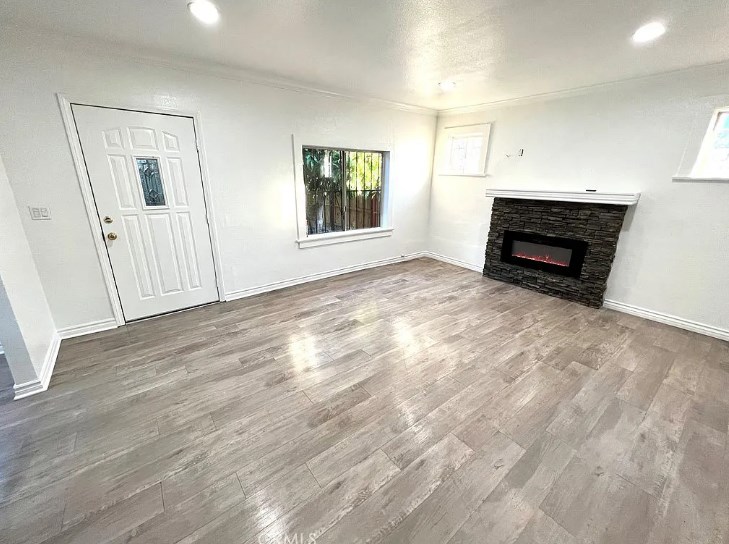
Kitchen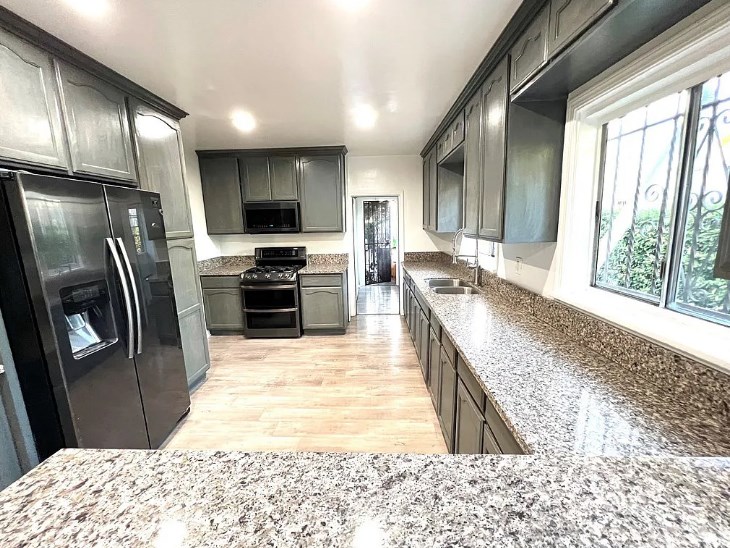
Bedroom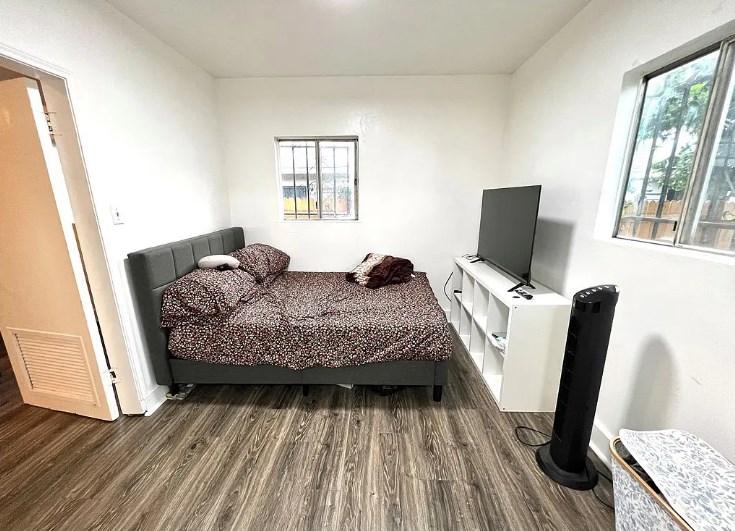
Bathroom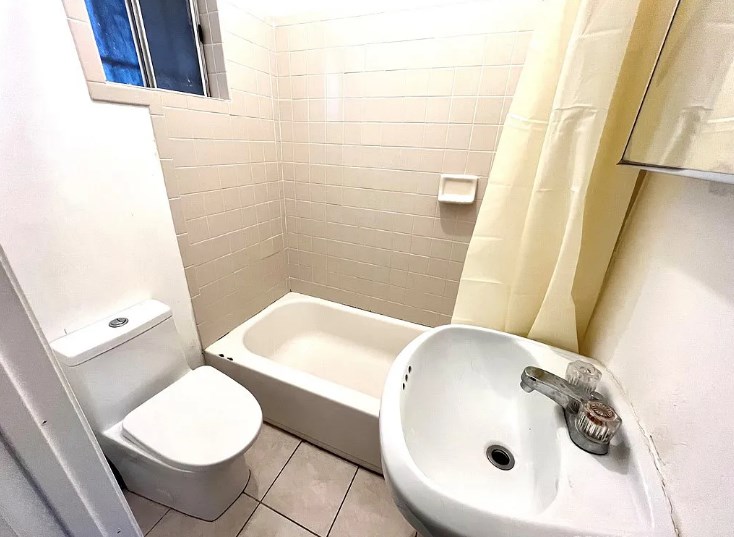
Exterior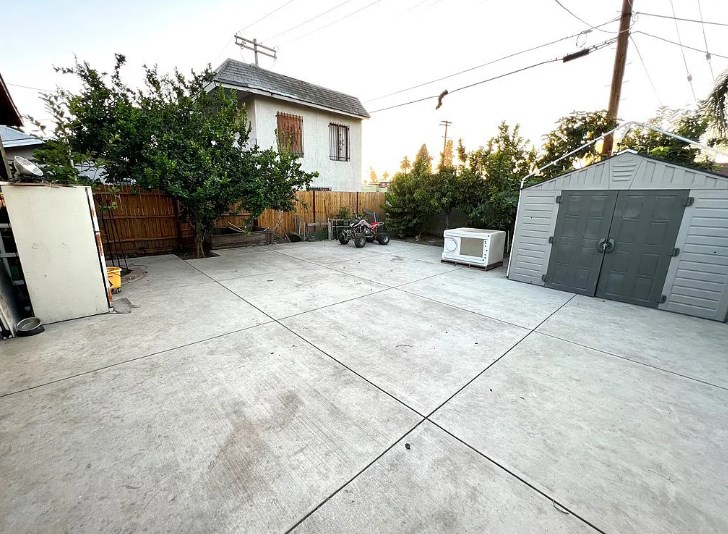
Landlord House: A Comprehensive Guide to Real Estate Investment
Introduction
Investing in real estate is a proven way to build wealth and secure a stable financial future. One of the key strategies in real estate investment is becoming a landlord, which involves owning and managing rental properties. In this comprehensive SEO article, we will delve into the world of being a landlord and owning rental properties, offering insights, tips, and strategies to help you navigate this profitable and rewarding venture.
Understanding the Landlord Role
A. What is a Landlord?
A landlord is an individual or entity that owns residential or commercial properties and rents them out to tenants. As a landlord, you become the property owner and are responsible for maintaining the property, addressing tenant needs, and managing the rental income.
B. The Benefits of Being a Landlord
Being a landlord offers several advantages, including:
- Income Generation: Renting out a home can generate a reliable stream of passive income.
- Asset Appreciation: Real estate often appreciates over time, potentially increasing your property’s value.
- Tax Benefits: Landlords can benefit from tax deductions, such as mortgage interest, property taxes, and depreciation.
- Portfolio Diversification: Real estate investment can diversify your investment portfolio.
Finding the Right Property
A. Location, Location, Location
Selecting the right location for your rental property is critical. Consider factors like neighborhood safety, school districts, proximity to amenities, and the local rental market.
B. Property Type
Choose the kind of real estate you want to invest in. Options include single-family homes, multi-unit buildings, condos, and commercial properties.
C. Budget and Financing
Set a budget for your investment and explore financing options, such as mortgages, to purchase the property.
Preparing the Property
A. Property Renovation and Maintenance
Invest in necessary renovations and maintenance to make the property attractive to tenants. A well-maintained property can command higher rent and attract better tenants.
B. Legal Compliance
Ensure your property complies with local and state regulations, including building codes, safety requirements, and landlord-tenant laws.
C. Tenant Screening
Implement a thorough tenant screening process to select reliable and responsible tenants. Check credit reports, references, and rental history.
Managing Your Rental Property
A. Lease Agreements
Create a comprehensive lease agreement that outlines terms, conditions, and expectations for both you and the tenant.
B. Rent Collection
Establish a reliable rent collection system to ensure you receive payments on time. Consider online rent payment platforms for convenience.
C. Property Maintenance
Regularly maintain and address repairs to keep the property in good condition. Timely maintenance can prevent costly issues in the long run.
D. Handling Tenant Issues
Be prepared to address tenant concerns and issues promptly, maintaining clear communication to foster a positive landlord-tenant relationship.
Financial Aspects of Being a Landlord
A. Property Expenses
Understand the various expenses associated with rental properties, including mortgage payments, property taxes, insurance, and maintenance costs.
B. Rental Income
Calculate your rental income, taking into account factors like vacancy rates, rent increases, and potential additional income streams (e.g., laundry facilities, and parking).
C. Tax Considerations
Consult with a tax professional to maximize tax benefits and deductions available to landlords.
Scaling Your Real Estate Portfolio
A. Portfolio Diversification
Consider expanding your real estate portfolio by acquiring additional rental properties, diversifying your investments.
B. Property Management Services
If managing multiple properties becomes overwhelming, explore the option of hiring property management services to handle day-to-day operations.
Exit Strategies
A. Selling Your Rental Property
If you decide to exit the rental property market, explore options for selling your property and maximizing your returns.
B. Legacy Planning
Plan for the future by considering how your rental properties fit into your long-term financial goals and legacy planning.
Conclusion
Landlord House – Becoming a landlord and owning rental properties can be a rewarding and profitable investment strategy. With careful planning, property management, and financial considerations, you can build wealth, generate passive income, and secure your financial future through real estate investment. Whether you’re just starting or looking to expand your real estate portfolio, the journey of being a landlord offers numerous opportunities for success in the world of real estate investment.
 Houses for Rent Finding info about Houses for rent
Houses for Rent Finding info about Houses for rent
